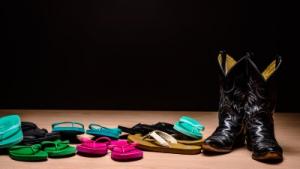Brenda has spent over 44 years leading, discipling, and developing InterVarsity students and staff in San Francisco and Hawai`i. You can support her ministry at https://donate.intervarsity.org/donate#17.
Image by twentyonehundred productions team member Matt Kirk.
Blog Categories:











Add new comment